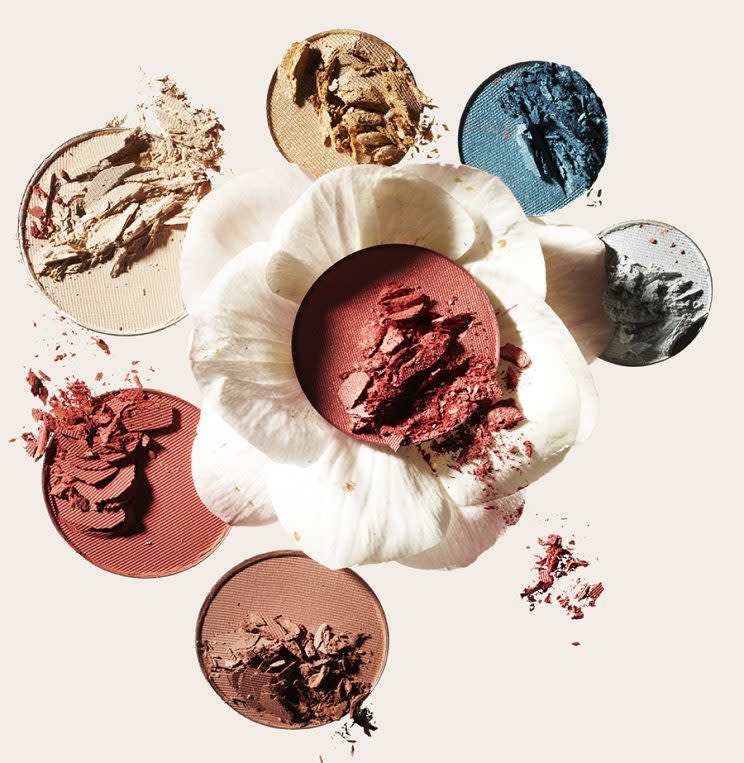Bogus ‘Organic’ Claims Made on Thousands of Beauty Products

Opting for that skin cream or lipstick marked “organic” is a choice that should make you feel great, right? Sure, in theory — if only that label actually meant something.
Beauty product companies make misleading organic claims on thousands of items, according to a new Environmental Working Group analysis, which studied its own vast product database for evidence. Its Oct. 20 release was timed with a roundtable discussion in Washington, D.C, held jointly by the Federal Trade Commission and the U.S. Department of Agriculture, on consumer perceptions of the term “organic” when used for nonagricultural products.
It’s an important issue to parse, considering that many of us have come to rely on the USDA Organic label when purchasing produce and other foods — yet, when it comes to seeing it on our beauty products, it’s usually a deception. A new survey conducted by the FTC and the USDA found that many consumers mistakenly believe personal care products with organic claims meet government standards. Many also mistakenly believe personal care products with organic claims contain only organic ingredients.
“There is effectively no organic standard for personal care products — but that hasn’t stopped thousands of products from using the term in misleading ways,” Scott Faber, EWG’s vice president of government affairs, tells Yahoo Beauty. Faber attended the roundtable on EWG’s behalf, along with other consumer advocates, industry representatives, and academics. He called it a “step in the right direction,” as it highlighted not only the deceptive marketplace, but also “the risk posed to the integrity of the ‘organics’ seal.”
More than 5,000 products in EWG’s Skin Deep database — about 20 percent of current products rated on the site — use organic in the brand name, product name, product label, or list of ingredients. But many of these products contain risky or hidden ingredients and received poor Skin Deep scores, according to the EWG analysis. Skin Deep rates a product on a scale of 1 to 10, with 1 being the best and 10 the worst. Of the products that used the term organic, more than 250 received a score of 5 or above. Four received a score of 9 or 10.
Tina Sigurdson, EWG’s assistant general counsel, further explains the lack of oversight when it comes to labeling organic beauty products.
“There is very little regulation of the term organic as applied to cosmetics,” she tells Yahoo Beauty. “Companies may label their cosmetics organic even if they contain synthetic ingredients. These products may also contain plant-based ingredients that were not grown in accordance with organic agricultural practices. Companies may also label products ‘natural’ despite the use of synthetic chemicals.”
The United States Department of Agriculture does regulate use of the “USDA organic” seal, Sigurdson adds. And while cosmetics bearing the USDA organic certification mark must be composed primarily of organic ingredients, they may still contain some synthetic ingredients. However, any of these synthetic ingredients must appear on a “national list” of USDA-approved ingredients.
Examples of products that are labeled organic but contain both organic and nonorganic ingredients include Intelligent Nutrients Body Wash, Lotus Cosmetics makeup, Earth Mama Angel Baby Lotion, and Badger sunscreen products. For more, check EWG’s Skin Deep database.
“Consumers looking for products containing no synthetic ingredients,” Sigurdson advises, “should look for labels reading ‘100% organic,’ with the USDA organic seal, and should check ingredient lists carefully.”
Let’s keep in touch! Follow Yahoo Beauty on Facebook, Twitter, Instagram, and Pinterest.

